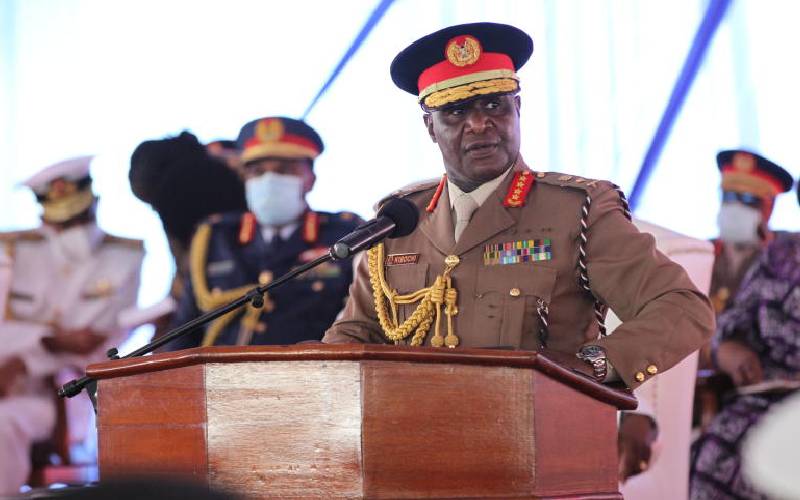×
The Standard e-Paper
Kenya’s Boldest Voice

Few soldiers make lasting and memorable impact. They often do things for the common good because those things need doing. They care for the ‘commons’ rather than for individual advancement but, in so doing, they inadvertently advance their interests in terms of positive legacies.